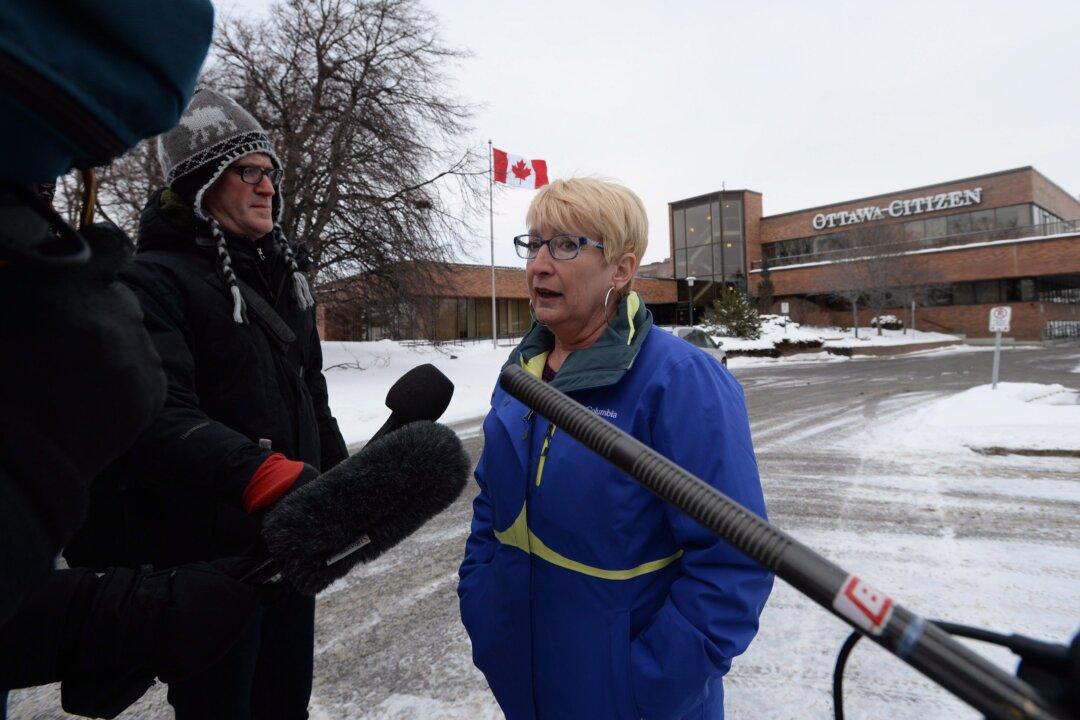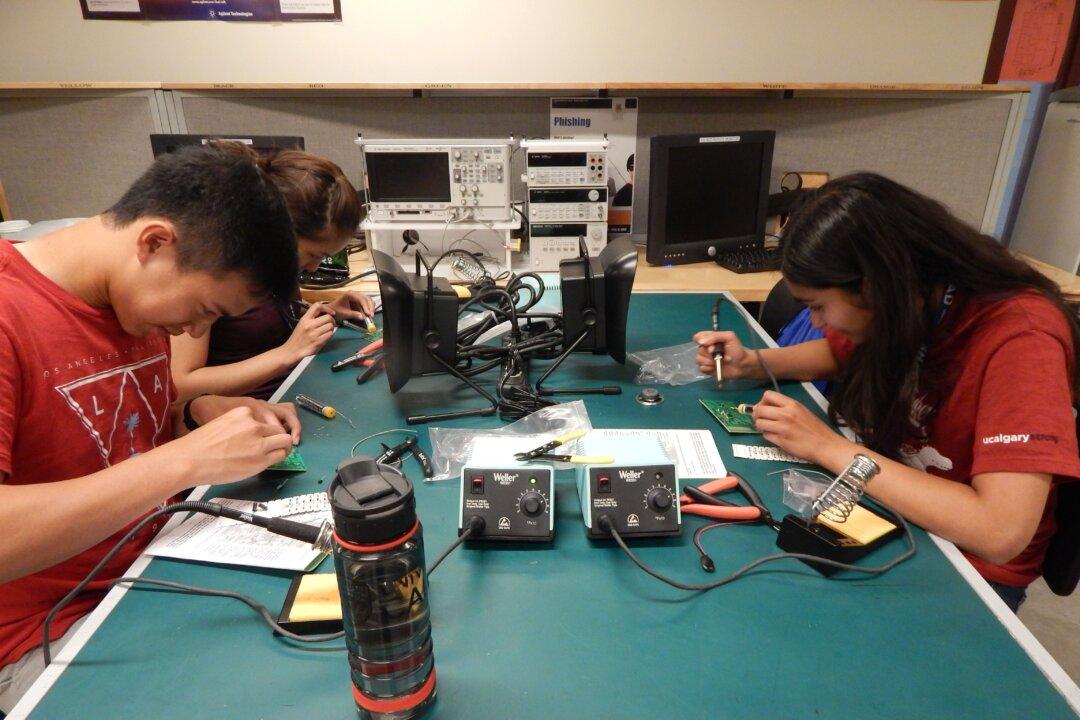A new sensory chip that tests chemicals in extremely small volumes developed by a team of scientists at the University of Alberta has the potential to transform a range of fields, from medical treatments to oil exploration.
The sensor measures 500 micrometres long, 50 micrometres wide, and 500 nanometres thick, making it smaller than the width of a strand of hair. It is capable of testing chemicals in limited sizes and performing multiple applications compared to previous technology.
The researchers say the new technology is a breakthrough since it would change the need for the sensor to be placed in the liquid and instead allows for the liquid to be placed in the sensor.
“This technique also allows simultaneous physical characterization of the liquid reagent using variations in resonance frequency. It is useful in lab-on-a-chip devices and has a myriad of applications in drug screening, bioreactor monitoring, and petrochemical analysis,” write the researchers in a paper published in the Royal Society of Chemistry earlier this year.
One of the researchers, Faheem Khan, said in an interview that the testing process for cancer could be completed faster with the sensor, explaining that the sensor can test blood for cancer cells directly instead of the current lengthy process of filtering.
“This can provide the same results with much similar volumes and at a much higher speed,” he said. “This technology is still pretty new and has big promise.”
Besides the medical field, the chip could potentially alter the testing for other applications, including in the oil industry for testing the quality of oil. Pharmaceutical companies could also use the sensor to test and verify various drugs.
“Now, after having a proof of concept, it is time for us to optimize the promise of this sensor to go even deeper,” said Khan. “We are trying to make an instrument where basically you can analyze anything that is in a liquid form whether it is DNA, vitamins, cancer cells.”
The sensors themselves can be produced at a cost of $12 and may initially be manufactured in Alberta by a start-up firm, Khan said.
Kaven Baker-Voakes is a freelance reporter based in Ottawa.




